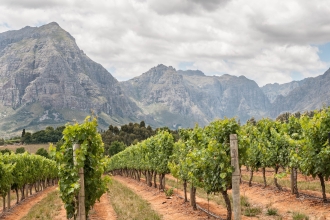
Sharing the Berg River’s contested waters
CAPE TOWN, SOUTH AFRICA The water flowing down the Berg River, towards the Cape West Coast and Saldanha Bay, is the lifeblood of two competing sectors: heavy industry, and agriculture. But as demand…

CAPE TOWN, SOUTH AFRICA The water flowing down the Berg River, towards the Cape West Coast and Saldanha Bay, is the lifeblood of two competing sectors: heavy industry, and agriculture. But as demand…
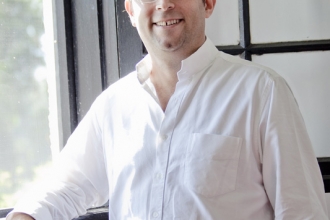
Juan Robalino was part of the Environment, Economics and You -Speaker Series Winter 2016 with his presentation : Deforestation, Climate Change and Payments for Ecosystem Services. Robalino’s…

Academic research made a real connection with the lives of poor residents of Nairobi, Kenya, when the Nairobi City Water and Sewer Company’s decreased the price for water bought at public kiosks. “It…

Since 2012, Yuanyaun Yi has been enrolled in the Global Change and Climate Economics program at the department of Economics, University of Gothenburg. However, her involvement with the EfD initiative…
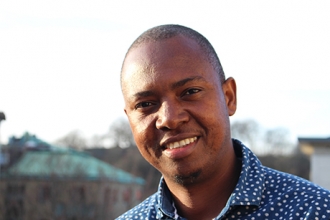
Charcoal use from cooking can be reduced by half if Liquefied Petroleum Gas (LPG) stoves are subsidized. A consequence would be reduced premature deaths due to indoor air pollution, as well as saved…
A member of the Chile EfD center was called as a national expert to integrate the FAO review of the Chilean Fisheries Law The Chilean Government signed an agreement with the FAO to evaluate…
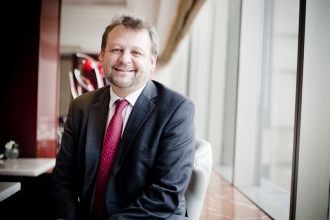
The Environment for Development Initiative (EfD) has recently received the positive news of another five years of financial support from Sida, the Swedish International Development Cooperation Agency…
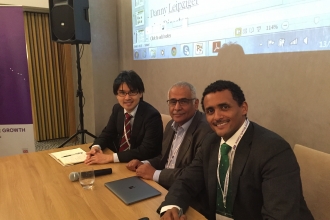
EfD Research Director, Dr. Yonas Alem represented the EfD initiative at the International Growth Center’s Energy and Growth conference held in London, Nov 12-13, 2015. The conference brought academics…
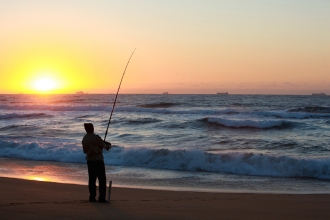
Anglers along the South African coastline choose their fishing spots on the likelihood of catching the most fish, rather than how far they have to walk to get to the spot, or weather conditions…

Not all economists buy into the notion of the ‘resource curse’ - namely, that resource-rich countries end up with slower growth and stalled development, in spite of having bankable natural assets…